Purina Dog Chow Complete Adult Dry Dog Food Kibble Beef Flavor
Give your dog the nutrition they need with the taste they love by serving Purina Dog Chow Complete Adult Beef Flavor dry dog food. This delicious adult dog food recipe is made with high-quality ingredients, giving them a wholesome dog food meal option that you can both feel good about. With 23 essential vitamins and minerals in every serving, this kibble dog food helps support your dog’s overall health and wellness. Crafted without artificial flavors, this Purina dry dog food recipe provides 100 percent complete and balanced nutrition that adult dogs need and supports immune health. High-quality protein for dogs in every serving helps support your dog’s strong muscles to maintain an active lifestyle. This Purina Dog Chow Complete adult dog food is carefully crafted by employees who trust it enough to feed it to their own dogs. Tempt your dog to their dish with the delightful flavors found in this dry dog kibble recipe, and rest easy knowing they’re getting a nutritious meal.
Give your dog the nutrition they need with the taste they love by serving Purina Dog Chow Complete Adult Beef Flavor dry dog food. This delicious adult dog food recipe is made with high-quality ingredients, giving them a wholesome dog food meal option that you can both feel good about. With 23 essential vitamins and minerals in every serving, this kibble dog food helps support your dog’s overall health and wellness. Crafted without artificial flavors, this Purina dry dog food recipe provides 100 percent complete and balanced nutrition that adult dogs need and supports immune health. High-quality protein for dogs in every serving helps support your dog’s strong muscles to maintain an active lifestyle. This Purina Dog Chow Complete adult dog food is carefully crafted by employees who trust it enough to feed it to their own dogs. Tempt your dog to their dish with the delightful flavors found in this dry dog kibble recipe, and rest easy knowing they’re getting a nutritious meal.
- 100 percent complete and balanced for adult dog food
- Purina Dog Chow Complete Adult Beef Flavor contains 23 essential vitamins and minerals
- Wholesome dog food that supports your dog’s immune health
- Formula featuring high-quality protein for dogs to help them build strong muscles
- Delicious kibble dog food with a beef flavor that dogs love
Additional information
| Country of Origin | Made in USA |
|---|---|
| Breed Size | Extra Small, Small, Medium, Large, Extra Large |
| Flavor | Beef |
| Life Stage | Adult |
| Primary Flavor | Beef |
| Manufacturer Part Number | 17800100328 |

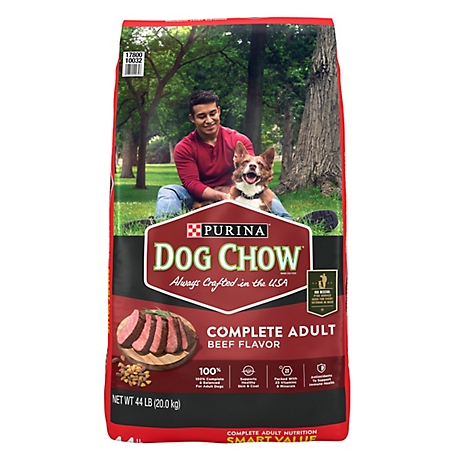
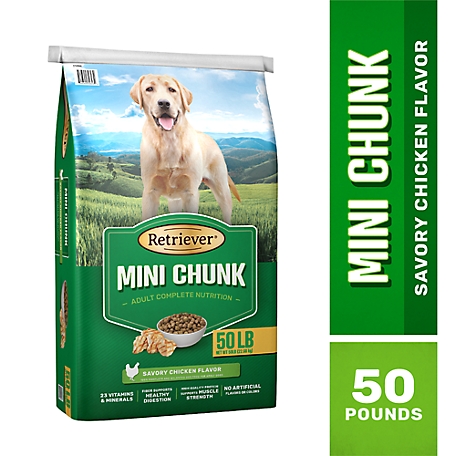
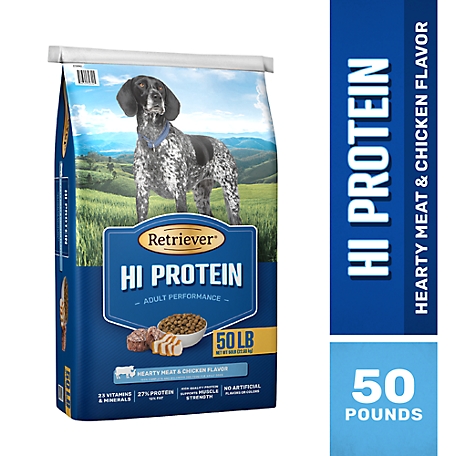


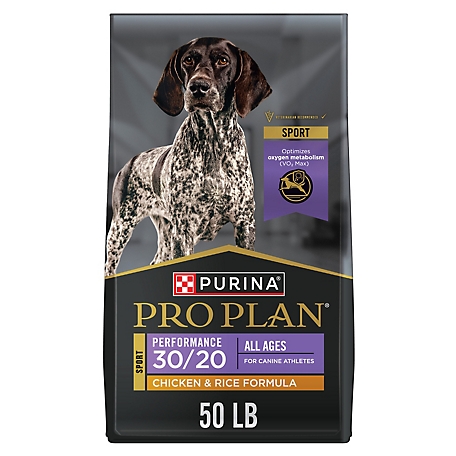


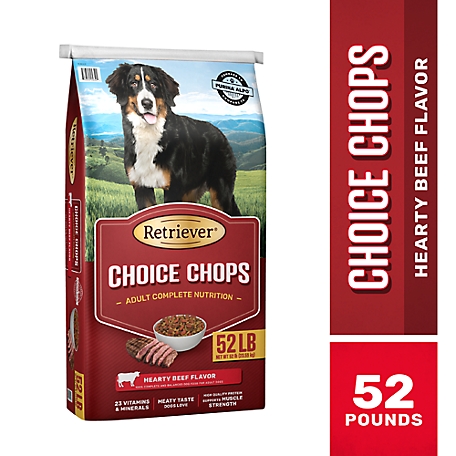
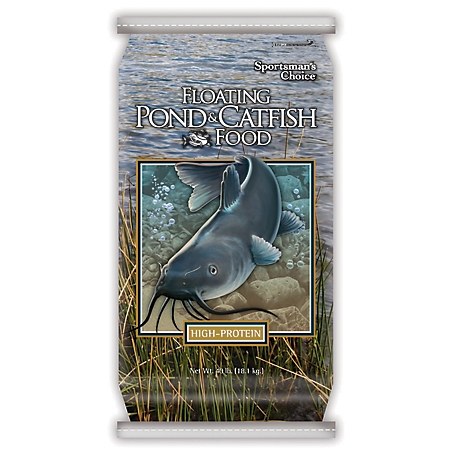
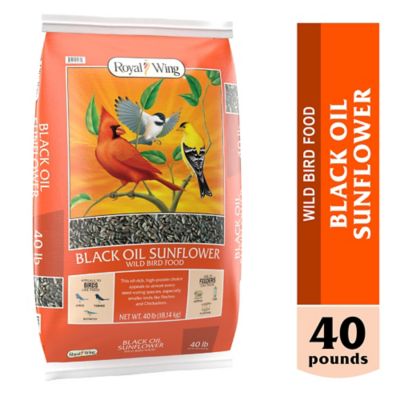
by Nick
My dogs love it!
by Sam
Our dogs like it.
by Ruf
the dogs love it. Size is perfect – no waste.
by Val
It’s one of the few my Pyrenees will eat without getting sick.
by Hudson
We have fed our dogs Purina dog food for years and the quality continues to be high and our dogs love it. They are healthy and happy. I definitely reccommend this food.